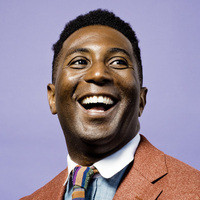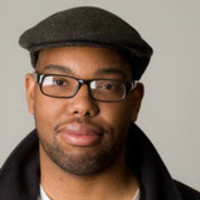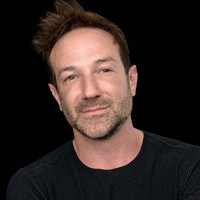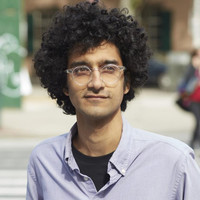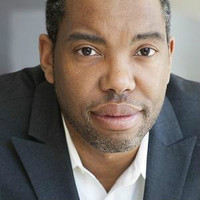Wesley Morris is a critic at large for The New York Times, a staff writer for The New York Times Magazine, and the co-host of Still Processing. His latest article is "Last Taboo: Why Pop Culture Just Can’t Deal With Black Male Sexuality."
“You learn a lot of things about your sexuality at an early age. You know, I learned that your penis is a problem for white people, that you can’t be too openly sexual in general because that could get you in trouble because someone could misconstrue what you’re doing, and, in my case, I also knew I was gay. So I had to deal with, ‘Ok so my dick is a problem in general, and I’m not even interested in putting my penis where it’s supposed to go. This is going to be bad.’”
Thanks to Audible, Casper, Squarespace, and MailChimp for sponsoring this week's episode.
